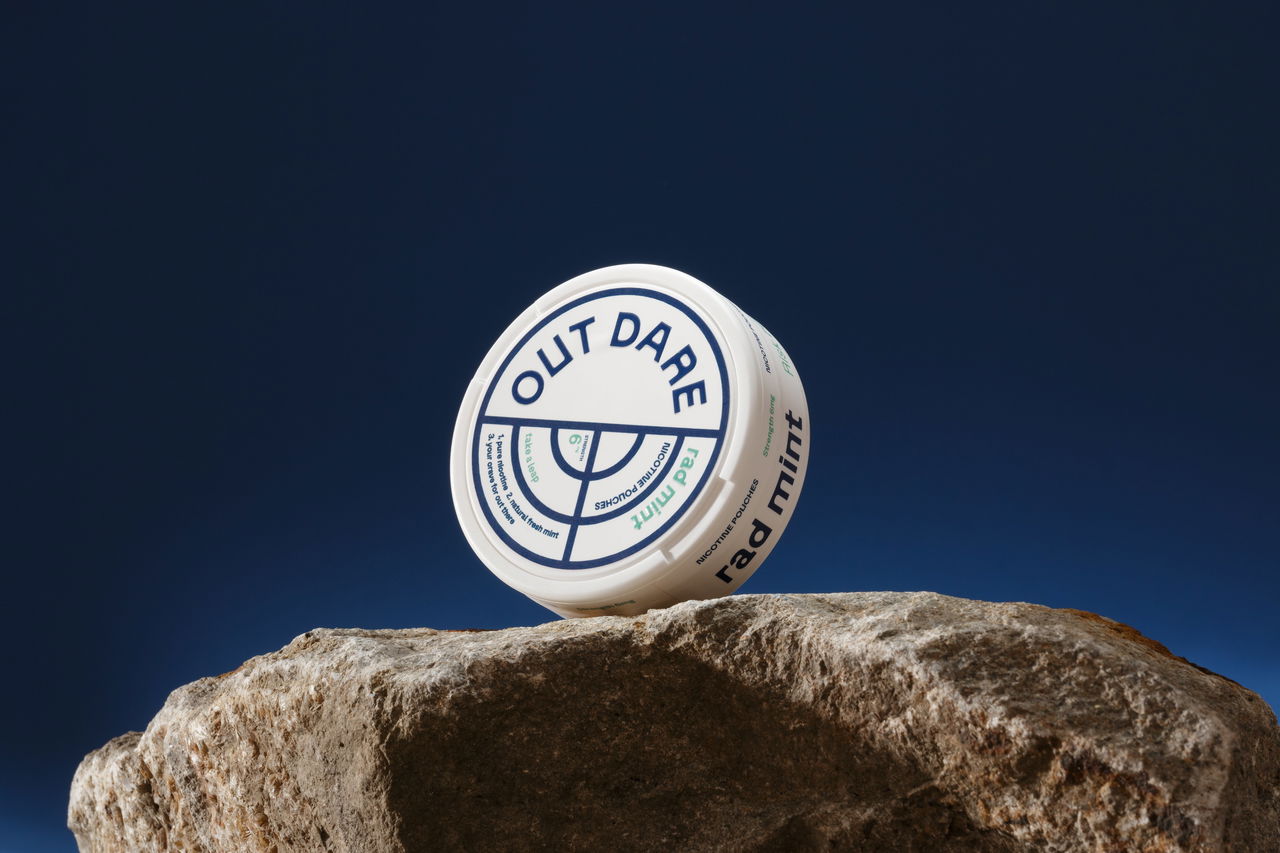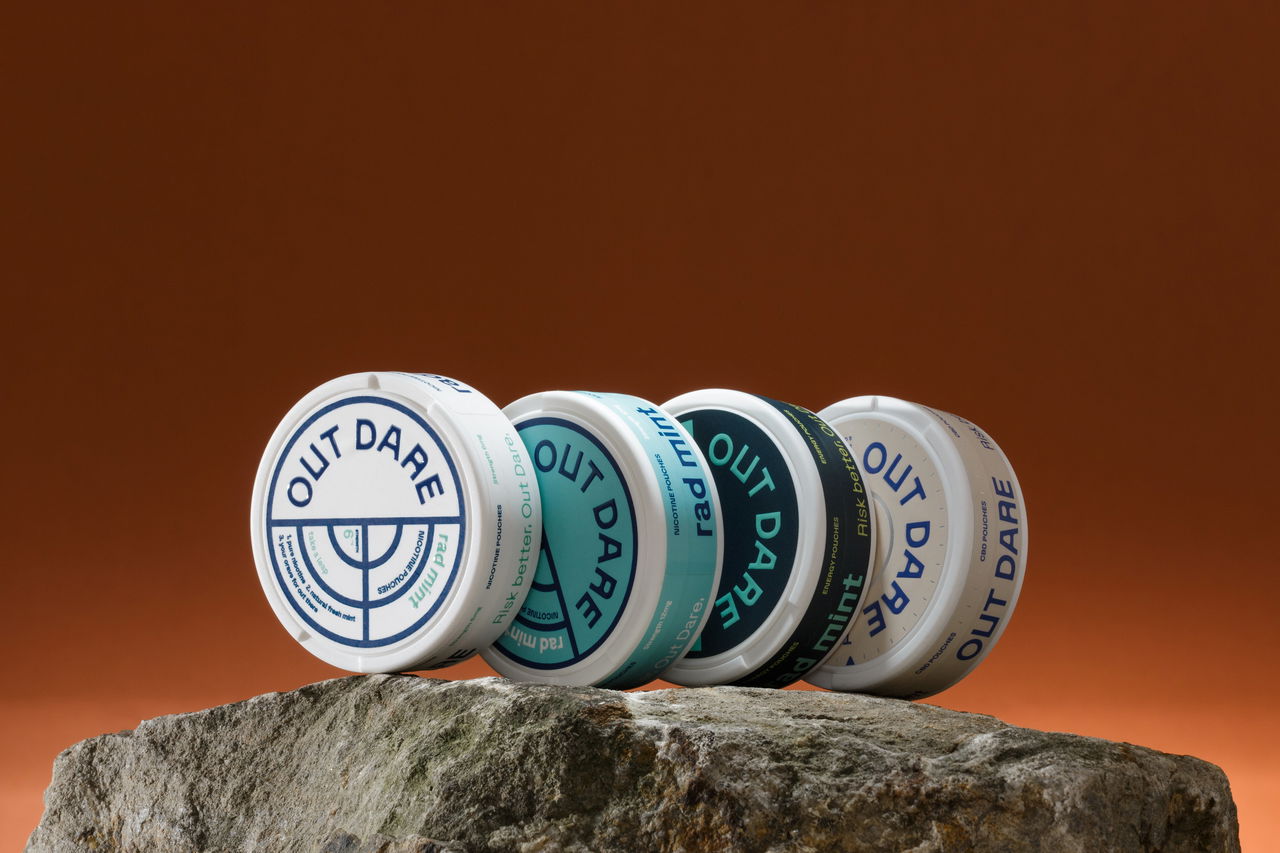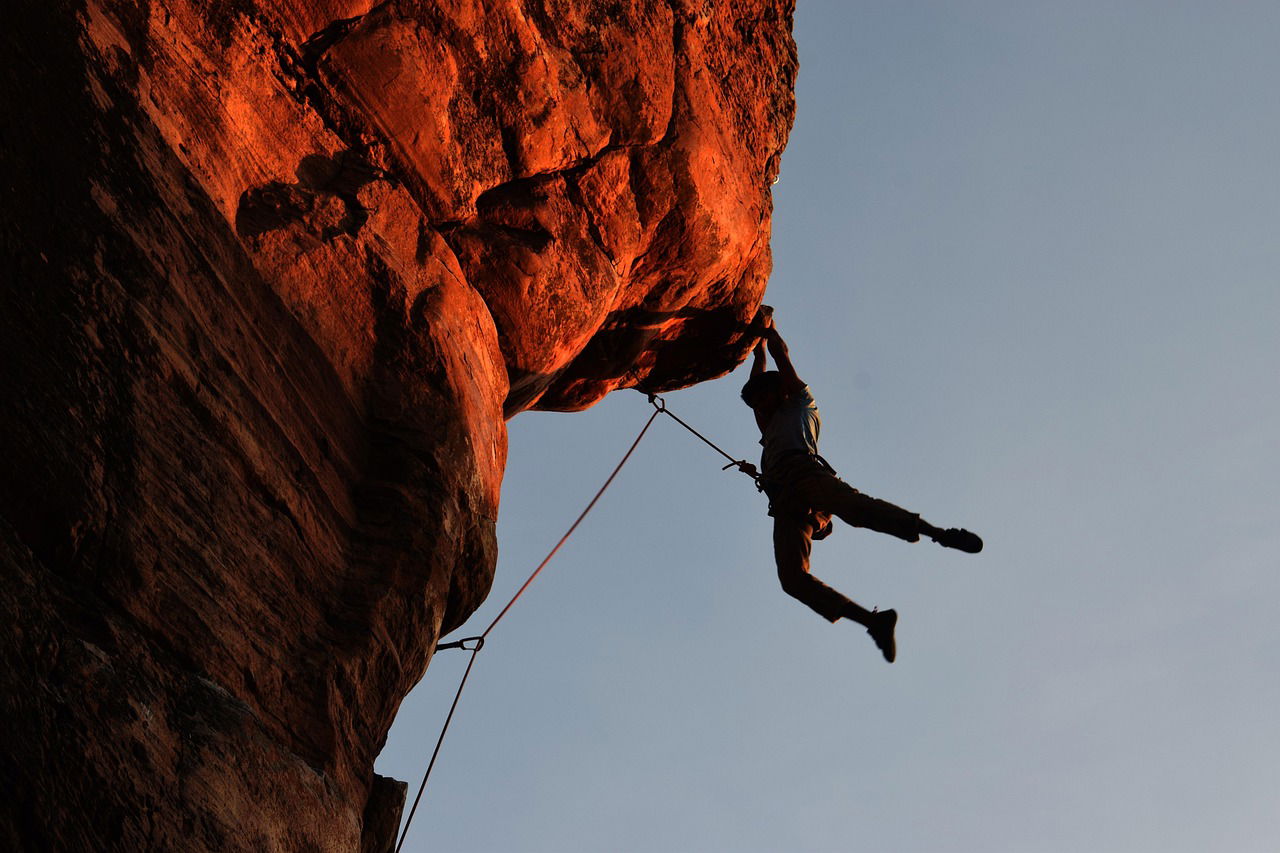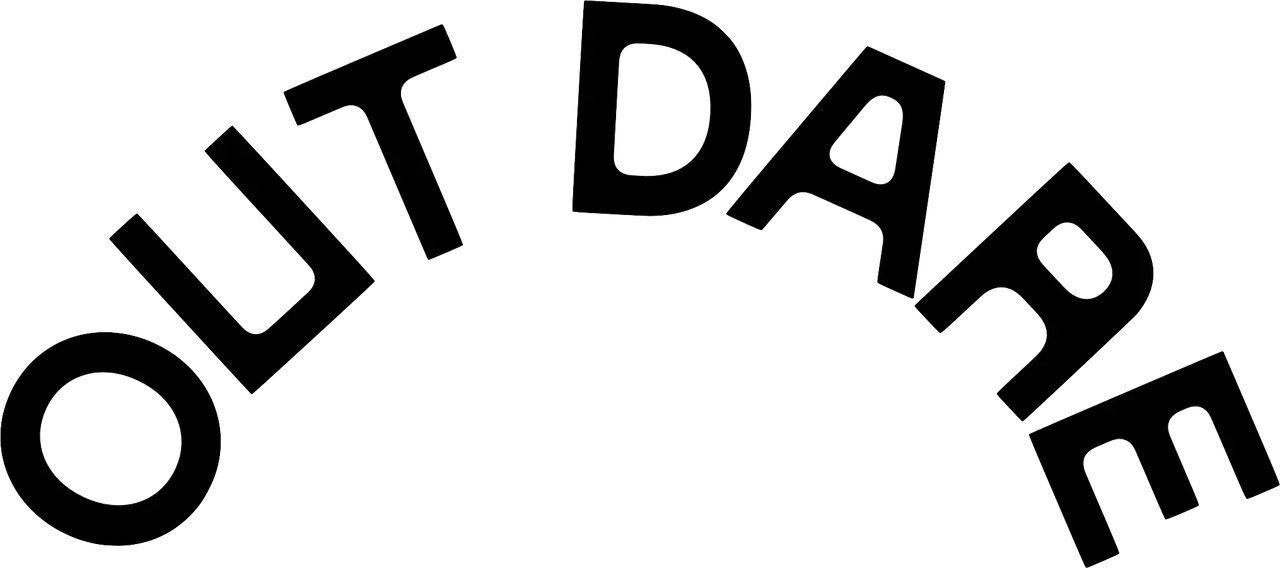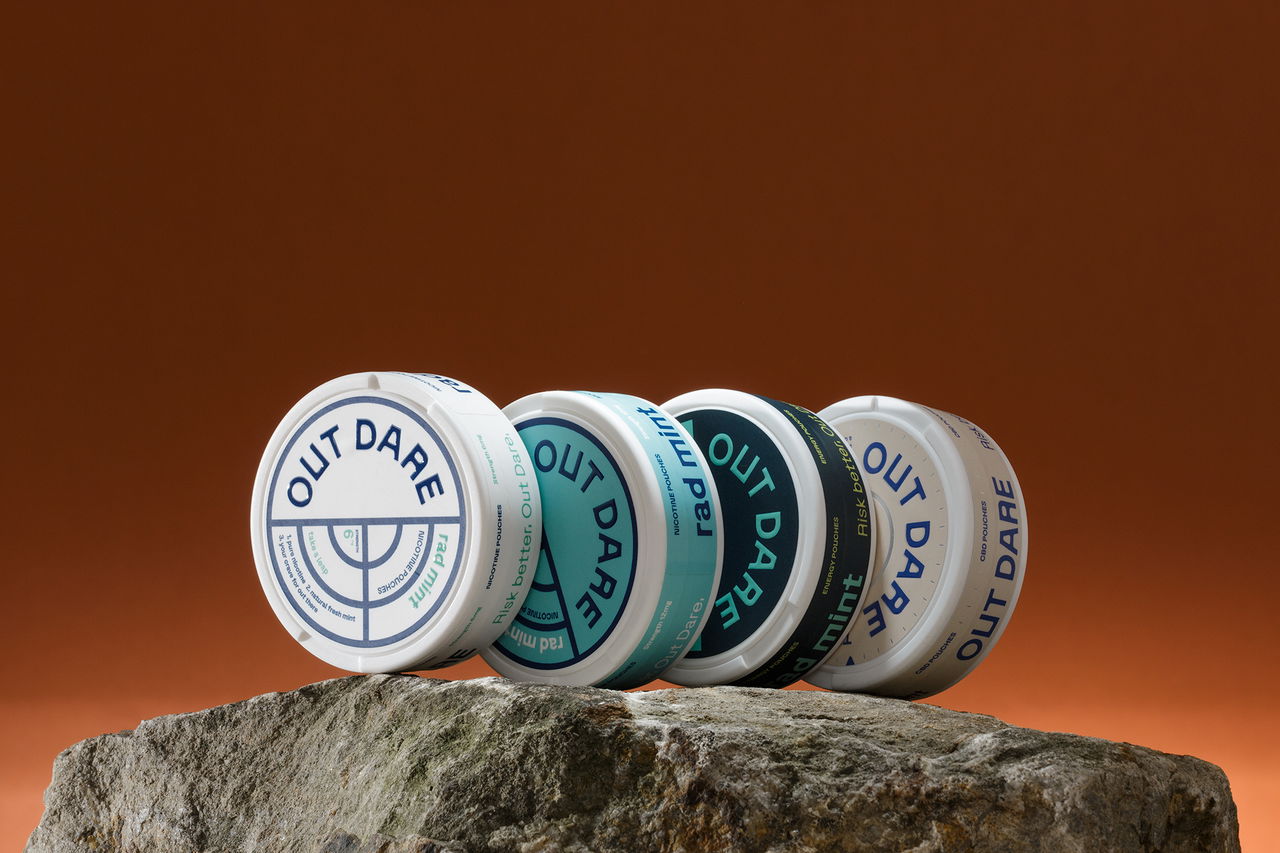Are Caffeine Pouches Allowed in School?
Written by
Published
Mon, 24/11/2025
The question of whether caffeine pouches are allowed in schools is complex and often depends on local regulations and school policies. These pouches, similar in appearance to nicotine pouches, deliver caffeine directly into the bloodstream through the gums. Understanding the rules surrounding their use is essential for both students and educators, especially given the rising popularity of these products among teens.
Restrictions on Caffeine in Schools
Restrictions on caffeine in schools are not as uniform as those for nicotine or alcohol. While many schools prohibit energy drinks due to their high sugar and caffeine content, the rules regarding caffeine pouches are less clear. Some schools might have blanket policies against any substance that is a stimulant. Determining whether caffeine pouches may violate these policies necessitates a closer inspection of each school's particular guidelines. Using caffeine pouches can also lead to health concerns if not monitored.
School Policies on Caffeine Pouches
School policies concerning caffeine pouches vary greatly. Some schools explicitly ban them, while others may not have specific rules in place. The lack of specific policies can lead to confusion and inconsistent enforcement. Many schools are now grappling with how to address the use of caffeine pouches, especially given their growing appeal to teens and the potential health concerns associated with caffeine consumption. Educational initiatives are needed to inform students about the effects of caffeine and the importance of responsible caffeine use.
Age Restrictions for Purchase and Use
Age restrictions play a crucial role in regulating the accessibility of caffeine pouches. While some regions may not have specific laws targeting caffeine pouches currently, they often fall under existing regulations for caffeinated products. This can involve minimum age restrictions for purchase, similar to those for tobacco or alcohol. Understanding these regulations is essential for preventing underage use of caffeine. Caffeine pouches are small, discreet, and the growing popularity of caffeine pouches among teens could be influenced by social media trends, with platforms like TikTok playing a role in their promotion.
Comparison with Energy Drink Regulations
Comparing the regulation of caffeine pouches with energy drink regulations reveals interesting parallels and differences. Both products deliver caffeine, but caffeine pouches offer a more concentrated dose without the added sugars found in many caffeinated beverage options. While schools often restrict energy drink consumption due to their high sugar content and potential for hyperactivity, the focus on caffeine pouches may be primarily on the caffeine content and the potential for relying on caffeine for energy. Pouches typically deliver a specific amount of mg of caffeine per pouch. Consuming caffeine pouches has its benefits, but caution is advised.
Health Concerns and Effects of Caffeine
Short-Term Effects of Caffeine
The short-term effects of caffeine are well-documented and generally include increased alertness, improved focus, and reduced fatigue. When you consume caffeine, especially through a pouch, the caffeine quickly enters the bloodstream and stimulates the central nervous system. This can lead to a temporary boost in energy and cognitive function.
Possible Positive Effects
Increased alertness
Improved focus
Reduced fatigue
Possible Side Effects
Increased heart rate
Anxiety
Restlessness
Caffeine is also a diuretic, meaning it can increase urination and potentially lead to dehydration. The intensity of these effects of caffeine can vary depending on individual tolerance and the amount of caffeine consumed.
Long-Term Health Concerns
While moderate caffeine use is generally considered safe for adults, long-term excessive caffeine consumption can raise several health concerns. These concerns often include:
The potential for developing a dependence on caffeine, leading to withdrawal symptoms like headaches, fatigue, and irritability.
An increased risk of cardiovascular problems, such as high blood pressure and irregular heartbeat.
Additionally, relying on caffeine to stay awake and alert can disrupt natural sleep patterns, leading to chronic sleep deprivation and related health concerns. The mg of caffeine contained in caffeinated products should always be considered with long term effects in mind.
Concerns About Caffeine Use in Adolescents
Caffeine use in adolescents is a growing concern due to the potential negative impact on their developing brains and bodies. Adolescents are particularly vulnerable to the adverse effects of caffeine on sleep, which is crucial for cognitive development and academic performance. High caffeine consumption can also exacerbate anxiety and mood disorders, which are common among teens. The increasing popularity of caffeine pouches among teens and caffeinated beverages raises further concerns about the potential for long-term health consequences. Schools and parents need to educate adolescents about the effects of caffeine and promote responsible caffeine use. Caffeine pouches are small and easily concealable, making it challenging to monitor caffeine use among students. The appeal to teens on social media from TikTok can normalize unsafe caffeine use.
Conclusion: Navigating Caffeine Use in Schools
Recommendations for Students and Parents
For students, understanding responsible caffeine use begins with education. Be aware of the amount of caffeine in various products. It's crucial to be aware of the caffeine content in items such as:
Energy drinks
Caffeinated beverages
Caffeine pouches
Limit your caffeine consumption to avoid potential health concerns and the risk of developing a dependence on caffeine. If you choose to consume caffeine, do so in moderation and be mindful of the timing, avoiding it close to bedtime to ensure restful sleep. Parents should engage in open conversations with their children about the potential risks associated with using caffeine pouches and other caffeinated products. Monitor their caffeine use and encourage healthy alternatives, such as proper hydration and balanced nutrition. Setting clear expectations and providing accurate information can help prevent excessive caffeine intake and promote overall well-being. It is important to be aware of the mg of caffeine that caffeine products contain. The rise in popularity among teens could lead to dangerous caffeine consumption.
Future Trends in Caffeine Consumption
The future of caffeine consumption is likely to be shaped by technological advancements and evolving consumer preferences. We might see the development of new delivery methods for caffeine, potentially including more sophisticated pouches or other innovative products. Personalized caffeine pouches may become more common, allowing individuals to tailor their caffeine intake based on their specific needs and tolerance levels. There will likely be increased scrutiny and regulation of caffeinated products, particularly those marketed to teens, to address potential health concerns. Social media platforms like TikTok will continue to play a role in shaping trends and influencing consumer behavior regarding caffeine. Understanding these trends is crucial for educators, policymakers, and parents to effectively navigate the evolving landscape of caffeine use. It is important to understand that consuming caffeine pouches is not always healthy and that you should not be relying on caffeine.
Final Thoughts on Caffeine and Education
The intersection of caffeine and education presents both opportunities and challenges. While caffeine can enhance alertness and focus in the short term, excessive caffeine use, especially among teens, can lead to adverse health outcomes and hinder academic performance. Schools must develop comprehensive policies regarding restrictions on caffeine that balance the potential benefits with the inherent risks. Education is key to promoting responsible caffeine consumption and empowering students to make informed choices about their health. Parents and educators should work together to foster a culture of well-being that prioritizes healthy habits and minimizes the potential negative effects of caffeine. Ultimately, navigating the complexities of caffeine in the educational environment requires a collaborative and informed approach. Especially as caffeine pouches are small and can be hidden easily. Remember, if you consume caffeine, do it responsibly and keep the mg of caffeine per serving in mind. These mouth pouches could become more common if trends continue. Relying on caffeine can be dangerous for your health. If you have concerns about nicotine pouches or caffeine pouches or caffeinated beverages you should seek professional advice.








